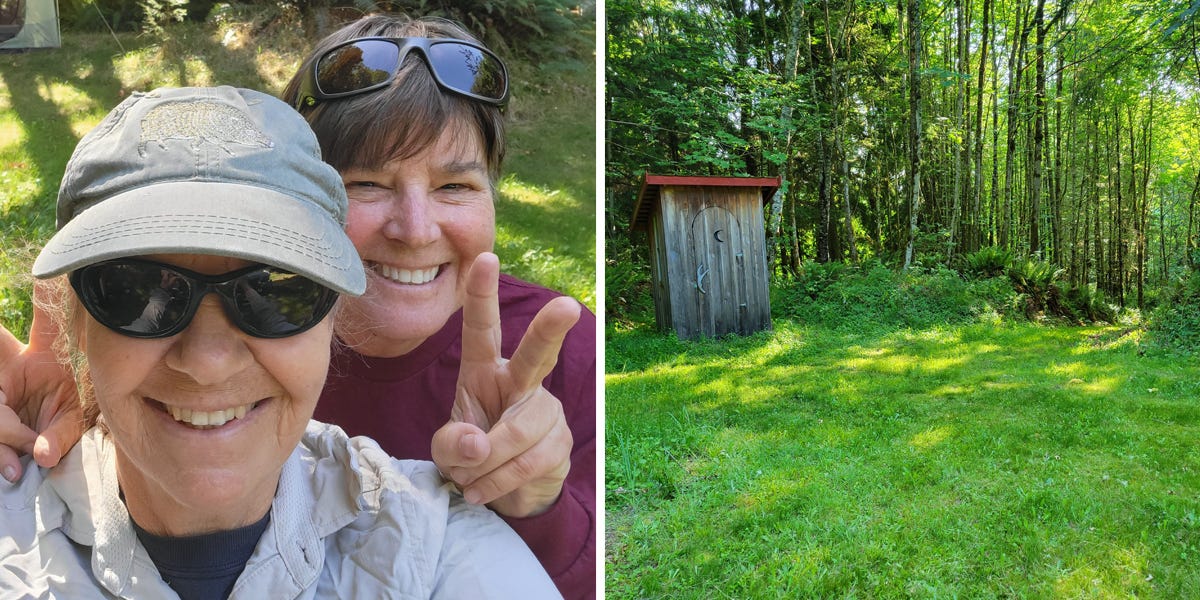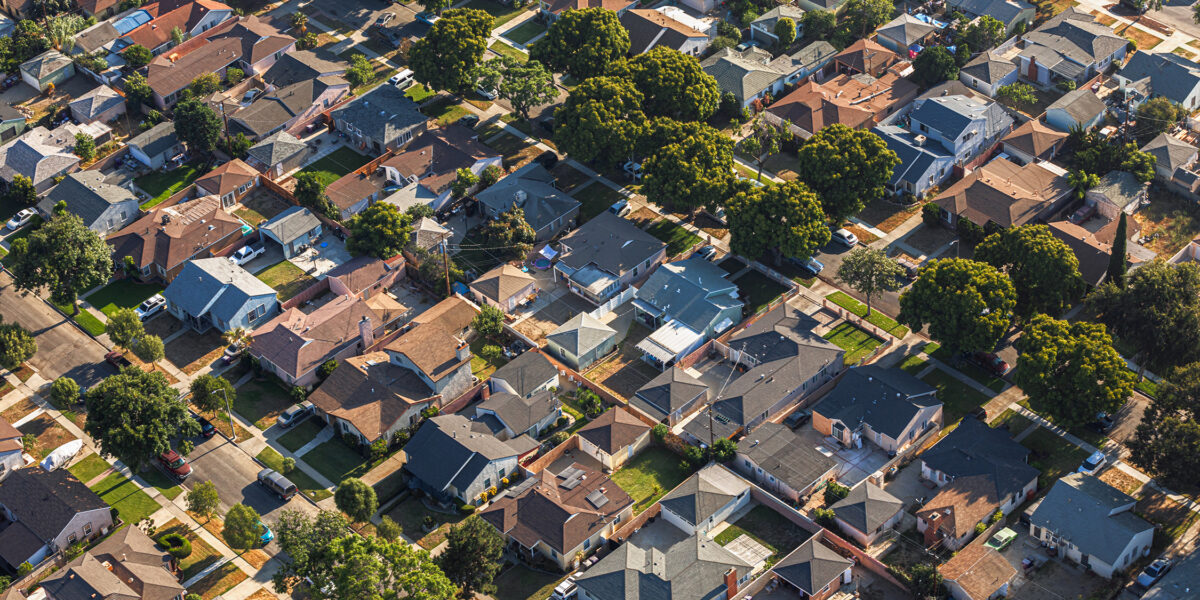W
e fell in love with the Pacific Northwest during a 2010 trip to the Olympic Peninsula. While driving past Port Townsend, a brochure described kayaking, hiking, biking, a vibrant sailing scene, and lush forests—exactly what my partner and I craved. The town’s Victorian homes, historic seaport, music festivals, and thriving writers’ community sealed the deal. We imagined a second home there, spending months each year immersed in nature, yet our Arizona jobs and the soaring real‑estate prices—many listings above $500,000—made the dream seem impossible.
A turning point came when our realtor sent us a listing for a 4.6‑acre wooded lot just 30 minutes from town. It had no power, sewer, or water, and only an outhouse, but it was on a developed road with good cell service and Wi‑Fi, and it fit our budget. We decided to embrace off‑grid living.
In 2022 we bought the lot for $160,000 and ordered a 20‑foot Airstream Basecamp for $65,000. Instead of building a house, we installed portable solar panels on the trailer’s roof and set up a rain‑water collection system. We boil collected rainwater for dishes and handwashing, and haul potable water from a nearby facility five miles away for drinking and cooking. Carol even installed a battery‑powered pump to deliver water into the trailer.
To conserve energy, we charge phones, laptops, and battery‑powered gardening tools while driving into town. The trailer’s limited space prompted us to erect an outdoor tent equipped with a propane stove, a foot‑operated dish‑washing pump, and a table and chairs for meals. Carol’s local band uses the tent as a rehearsal space.
Because the property is landlocked, Carol rents a kayak storage spot at a boat haven 18 miles away, which also gives us access to a marina eight miles distant. At both sites we use coin‑operated hot showers and garbage facilities. While we value conservation, we recognize the need for some conveniences.
Before winter, we prepare the land by trimming trees, lubricating storage container hinges, adding gravel to dirt roads, and servicing our riding lawn mower for the cold. Then we return to our on‑grid home in Arizona. When spring arrives, we head back to the Pacific Northwest, living there for three to five months each year, exactly as we envisioned.
This off‑grid adventure has been rewarding. We’ve found a way to enjoy Washington’s natural beauty without the high cost of traditional homeownership, and we cherish the balance between our two homes.















